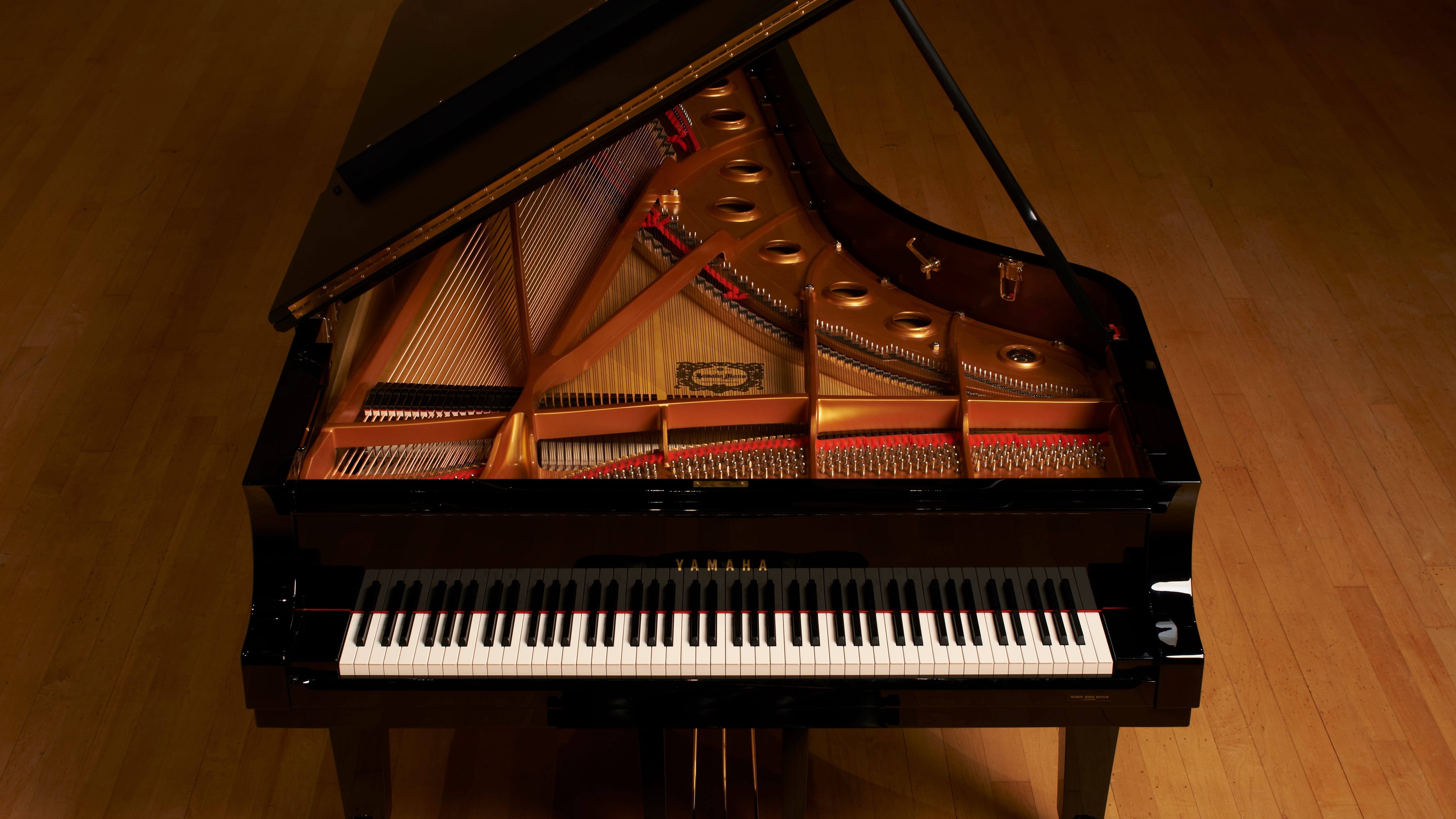What to Look For When Buying A Piano?
Purchasing a piano is a significant investment, whether you're an aspiring musician, a seasoned player, or someone seeking to add a touch of elegance to their home. However, with various types, sizes, brands, and price ranges available, it can be overwhelming to choose the perfect piano that suits your needs and preferences. To aid you in this important decision, let's delve into what you should look for when buying a piano.

1. Determine Your Needs and Budget
Before starting your search, establish your goals and budget. Are you a beginner seeking a basic model to learn on, or a professional musician in need of a high-quality instrument for performances? Understanding your requirements and financial constraints will help narrow down your options and make the selection process more manageable.
2. Types of Pianos
There are primarily two types of pianos: acoustic and digital. Acoustic pianos, including grand and upright models, produce sound through vibrating strings and wooden components. On the other hand, digital pianos use electronic amplification and sampling technology to replicate the sound of acoustic pianos. Consider the advantages and disadvantages of each type based on factors such as sound quality, maintenance, and portability.
3. Sound Quality
The sound produced by a piano is one of the most crucial factors to consider. Test the instrument yourself or have an experienced pianist play it for you. Listen for clarity, richness, and depth across the entire range of keys. A high-quality piano will have a balanced tone and resonate well throughout the room.
If you are interested in learning music check out our Music Lessons in Tulsa.
4. Touch and Feel
The touch and feel of a piano's keys significantly influence the playing experience. Assess the responsiveness, weight, and consistency of the keys as you play different dynamics. Some pianos offer adjustable touch sensitivity to accommodate different playing styles and preferences. Ultimately, choose a piano with keys that feel comfortable and natural to you.
5. Build Quality and Durability
Inspect the overall construction and craftsmanship of the piano. Look for sturdy materials, smooth finishes, and precise assembly. A well-built piano is not only more durable but also contributes to better sound projection and resonance. Pay attention to details such as the quality of the pedals, hinges, and cabinet construction.
6. Size and Space Considerations
Consider the available space in your home or studio when selecting the size of the piano. Grand pianos, while aesthetically pleasing and offering superior sound quality, require more floor space compared to upright or digital models. Measure the dimensions of the room and choose a piano that fits comfortably without overcrowding the area.
7. Brand Reputation and Warranty
Research reputable piano brands known for their reliability, innovation, and customer satisfaction. Reading reviews and seeking recommendations from experienced pianists can provide valuable insights into the performance and reputation of different brands. Additionally, inquire about the warranty coverage and after-sales support offered by the manufacturer or retailer.
8. Budget for Additional Expenses
In addition to the initial purchase price, factor in potential additional expenses such as delivery, tuning, maintenance, and accessories (e.g., piano bench, cover, metronome). Budgeting for these costs upfront will prevent any surprises and ensure that you can properly care for your new instrument.
9. Playability and Versatility
Consider your long-term musical goals and whether the piano can grow with you as you progress. Some pianos offer advanced features such as recording capabilities, built-in metronomes, and various instrument sounds, enhancing versatility and creativity. Choose a piano that aligns with your current skill level and future aspirations.
10. Test Before You Buy
Finally, always try out the piano in person before making a purchase whenever possible. Play different genres, experiment with various techniques, and spend ample time getting acquainted with the instrument. Trust your instincts and choose the piano that resonates with you both musically and emotionally.
In conclusion, buying a piano is a deeply personal and rewarding experience. By considering factors such as sound quality, touch and feel, build quality, size, brand reputation, and budget, you can make an informed decision that brings joy and inspiration for years to come. Whether you're a beginner embarking on a musical journey or a seasoned player seeking the perfect instrument, investing time and effort into finding the right piano will undoubtedly be worthwhile.
If you like this check out our article: What to Look For When Buying A Violin
